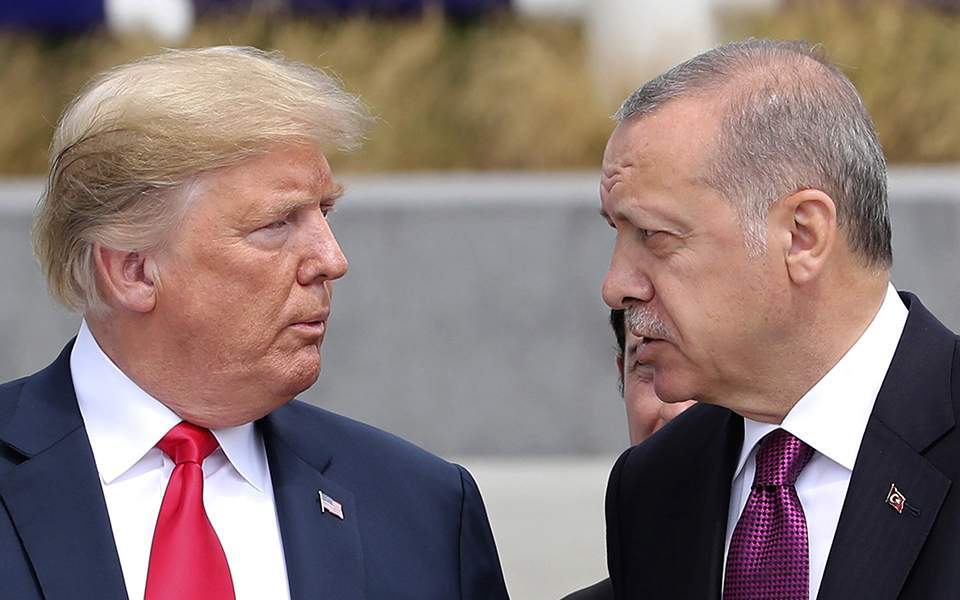
As Europe grapples with shifting geopolitical forces, Greece finds itself increasingly wary of Turkey’s rising influence in the Middle East. Discussions about the future of European security have intensified, particularly with the growing concerns about Turkish involvement in Syria and the changing US foreign policy under President Donald Trump.
Turkish operations in Syria have escalated, with Ankara playing a key role in the removal of Bashar al-Assad’s regime. This shift, coupled with Turkey’s influence over the armed factions in Syria, has caused alarm in Athens. Greek officials are uneasy about Turkey’s ability to execute complex military operations – entailing coordination between intelligence agencies, armed forces, and foreign players – signaling a major change in regional power dynamics. The concern in Athens has deepened as Turkey seeks new strategic alliances, particularly with regard to maritime zones around Cyprus.
This evolving dynamic includes the possibility of a Turkish-Syrian agreement that could directly impact Cyprus’ exclusive economic zones, further complicating Greek-Turkish relations. Analysts fear that if Turkey’s diplomatic and military influence grows unchecked, it could destabilize not only Syria but also critical parts of the Mediterranean, particularly regarding Cyprus’ energy resources.
A key element adding to this unease is Trump’s ambiguous statements regarding Turkey’s intentions in Syria. The US president-elect recently called Turkish President Recep Tayyip Erdogan “very smart,” while noting Turkey’s expansion in Syria.
Trump’s sympathy for the charismatic and authoritarian leadership figure embodied by Erdogan has been known since his first presidential term in 2016-2020. Officials in Athens are well aware of this particularity. However, at the same time, they also understand that, for Trump, the relationship with Erdogan may remain in this context of admiration on a personal level if Turkey does not play wisely the very good cards it currently holds at the Middle East table.
At the same time, Turkey’s shift away from Russia and Iran has given Israel additional leverage, further complicating the already delicate situation.
Greek officials are particularly concerned about how these developments may affect the ongoing Kurdish issue in Syria. Turkey’s stance on Kurdish autonomy in northern Syria, a point of tension with the US, remains a contentious matter. The risk of further Kurdish conflict could destabilize the region, and Greece sees this as a significant threat to its security.
Ultimately, US-Turkish priorities mean, first of all, that Greek-Turkish issues are a much lower priority for Washington.
Enter your information below to receive our weekly newsletters with the latest insights, opinion pieces and current events straight to your inbox.
PROPERTY OF: NEES KATHIMERINES EKDOSEIS SINGLE MEMBER S.A. © 2014 – 2024
Powered by ![]()
